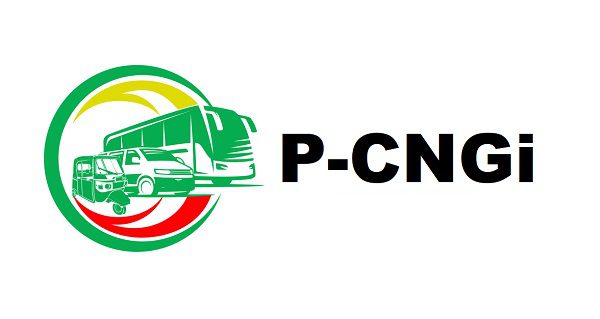The Presidential Compressed Natural Gas Initiative (P-CNGI) has announced that the compressed natural gas (CNG) sector in Nigeria has attracted more than $500 million in investments and generated over 10,000 direct jobs, less than a year after the initiative began full-scale operations.
Programme Director and Chief Executive Officer of P-CNGI, Mr Michael Oluwagbemi, shared the update on Monday, stating that 255 new vehicle conversion centres and 53 daughter stations have emerged since 2024, when none of them existed.
Oluwagbemi said Nigeria is making meaningful progress in expanding its CNG infrastructure, although he acknowledged that engineering projects of this magnitude take time to mature.
Reflecting on the programme’s rollout since May 2024, Oluwagbemi explained that the initiative had followed the directive and vision of President Bola Tinubu.
He listed the key mandates of the programme, which include promoting the adoption of CNG and electric vehicles to drive sustainable transportation across the country, facilitating investment into the alternative energy sector, and coordinating regulation for rapid growth of the emerging CNG ecosystem.
He noted that despite an initially doubtful public response to the President’s vision, the P-CNGI began by launching a nationwide awareness campaign from May to October 2024.
“At the time, there were hardly any CNG vehicles on Nigerian roads, and there was virtually no demand at the 11 CNG stations that existed since a 2017 pilot by NNPC Ltd. Even our strongest supporters were unsure whether the adoption of CNG vehicles would catch on,” Oluwagbemi recounted.
“Misinformation and fake news dominated the conversation, but we’re pleased that even the harshest critics have now started acknowledging the momentum.”
He revealed that the number of CNG vehicles had surged from 4,000 to over 50,000 and was now heading towards 100,000. As a result, queues at fuelling stations were expected to grow, a reflection of rising adoption driven by government incentives and increased public awareness of the economic benefits of CNG.
Only last week, two new daughter stations were commissioned in Abuja by AY Shafa and Femadec. AY Shafa is planning nine more stations, while Femadec aims to launch 21 in the coming year. Femadec is also leading a CNG infrastructure programme across 20 universities.
Greenville, another key player, is investing in Yola and expanding into 51 locations across northern and southeastern Nigeria, including remote areas. In total, over 175 new stations are being rolled out nationwide through various partners.
Oluwagbemi disclosed that P-CNGI is supporting partners in establishing 24 new sites over the next six to nine months. One of these sites has already launched in Ilorin.
Other locations including Port Harcourt, Ado Ekiti, Lokoja, Abuja, Aba and Enugu are expected to begin dispensing CNG within the next 60 to 120 days as part of efforts to strengthen the CNG refuelling network, following the first site in Ilorin launched in 2024.
He also revealed that NNPC Ltd. is expanding its infrastructure, adding eight new stations to its current 12, while finalising plans for 40 additional stations as part of the second phase of its rollout plan.
Bovas is set to open two ultra-modern stations in Ibadan, as part of its eight-station development programme. NIPCO is also preparing to complete eight new stations in addition to the 23 it already operates across the country, all within six months.
The Midstream and Downstream Gas Infrastructure Fund (MDGIF), a major partner in the CNG initiative, recently approved equity investment for 10 new entrants to develop their gas projects. This follows an earlier investment of N123 billion in 2024, of which four out of six projects were directed towards the CNG sub-sector.
Oluwagbemi reiterated that in just one year, the CNG sector has recorded over $500 million in investment and created more than 10,000 direct jobs. He confirmed that 255 conversion centres and 53 daughter stations are now operational where none existed in early 2024.
He, however, criticised sections of the media that have raised concerns about infrastructure gaps, describing such reports as unfair towards a sector that is still in its infancy.
“At P-CNGI, we remain fully committed to our mandate. We are working across the entire value chain to deliver on President Bola Tinubu’s promise of a more energy-efficient, economically viable future for all Nigerians,” he said.


